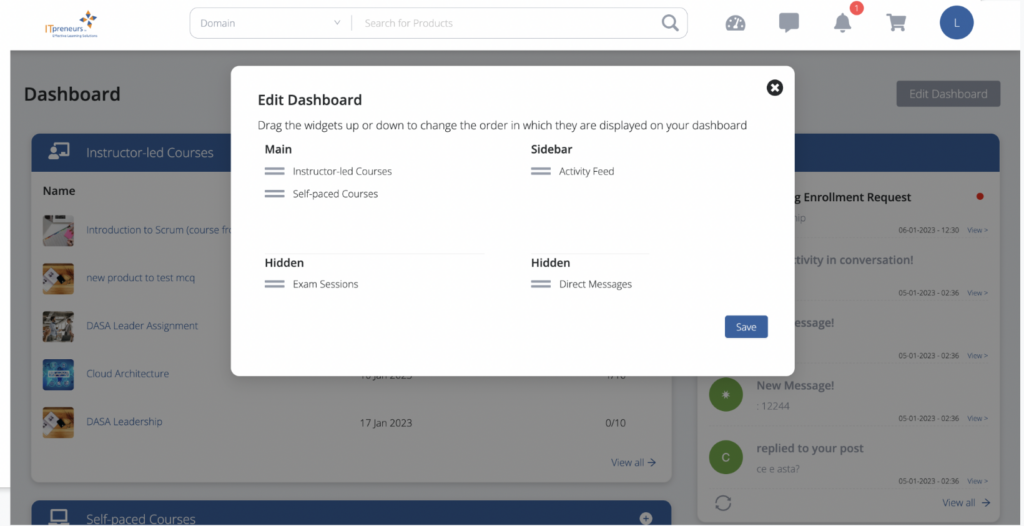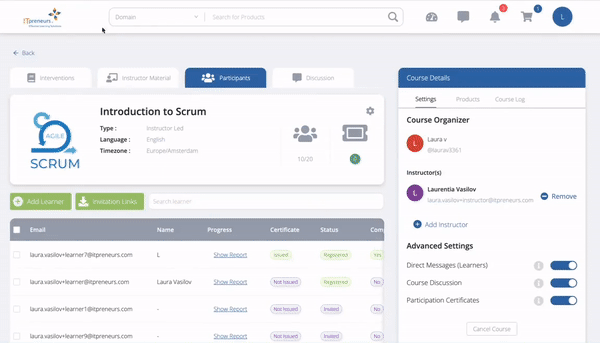Recently I sat for the PRINCE2 Practitioner exam and passed! However, I found it quite challenging and different from what I initially thought! Here is what you need to know:
I live in North America, and I am very much accustomed to the Project Management Institute’s (PMI) exam style. As you may know, PMI’s PMBOK® Guide 5th Edition is very much the accepted project management standard in this part of the world! In addition to that, for the past 10+ years, I have been teaching Project Management Professional (PMP)® exam prep and Project management standards based on the PMBOK® Guide.
In order to take the PRINCE2 Practitioner examination, the applicant must have the PRINCE2 Foundation exam or provide proof of having passed PMP®, CAPM® or IPMA®.
The Difference Between PMP and PRINCE2
PRINCE2 is a process-driven project management methodology and is closely aligned with the Managing Successful Projects with PRINCE2 – 2009 Edition. Both the Foundation and Practitioner Examinations are based on this version of the manual. It means that even though I have the PMP designation and PMP is accepted as equivalent to the PRINCE2 Foundation exam, the content and the logic of the exams are quite different. I still had to study for the Foundation and then the Practitioner course syllabus to be successful. The main reason for this lies in the difference between the two designations; PRINCE2 is a methodology and PMP is a standard based on the guidance provided by PMI.
According to AXELOS, the PRINCE2 exam is intended to address the knowledge and skills that demonstrate proficiency in the project management method. PRINCE2, as described with details in the Managing Successful Projects with PRINCE2 (2009). PRINCE2 holders are expected to have mastered this methodology. Therefore, the exam is intended to measure PRINCE2 principles, terminology, and methodology.
According to PMI, the PMP examination reflects accurately the practices of the project management practitioner. Therefore, the exam is based on the processes related to activities/tasks project managers should be doing, which are clearly defined in the PMBOK® Guide 5th Edition, without any specific methodology.
As you can see, the two designations complement each other. Yes, I had to study more than what I had expected, still, I’m happy that I did it. Now, I have a broader understanding of the project management methodologies, tools, and techniques, and knowledge to apply to projects.
ITpreneurs offers the broadest portfolio of courseware in project and program management including PMP and PRINCE2. By working with ITpreneurs, you save content development and maintenance costs. Check out our entire courseware library.
About the author

Agile Transformation Consultant, Lean / Agile Coach, Master Trainer, Senior Program Manager with the results-oriented approach for over 20 years. Continuous achievements in managing projects using traditional and agile methodologies and work closely with the process owners and teams to get the work done. Advocate for agile principles by modeling those principles and values in order to develop a shared mindset across teams as well as between the customer and the team.
Related Courseware
Sorry, we couldn't find any posts. Please try a different search.



